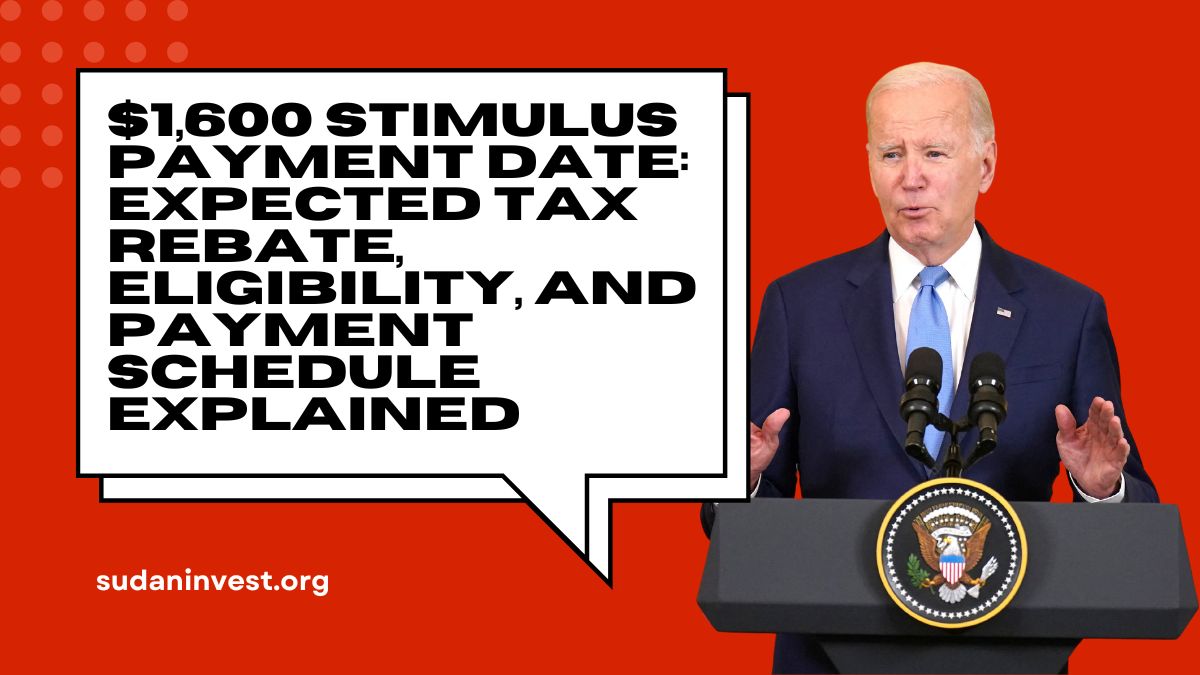Social Security payments provide financial support to retirees across the United States. The payment schedule and the eligibility criteria can sometimes be complex, but understanding these key factors can ensure that you receive your Social Security benefits at the right time.
In 2024, retirees are poised to receive benefits based on an improved payment schedule and increased cost-of-living adjustments (COLA). This article breaks down how Social Security payments are advanced to retirees, the eligibility factors, and other crucial updates.
Understanding Social Security Payment Advances
The Social Security Administration (SSA) sends retirement payments on specific dates throughout each month. The date you receive your payment depends on when you first began receiving benefits and your birthday.

However, certain retirees can advance their payment and receive it earlier, especially if they meet specific criteria, such as receiving Social Security benefits before 1997. Here’s a closer look at how this system works:
Full Retirement Age and Early Payments
Retirees can start receiving Social Security payments as early as age 62. However, those who begin receiving payments before reaching their full retirement age (FRA) will have permanently reduced monthly benefits. In 2024, the FRA is 67 for individuals born in 1960 or later. Waiting until age 70 provides the highest monthly benefit possible, as benefits increase by 8% each year past your FRA.
Payment Groups: The SSA categorizes retirees into four payment groups:
Requirements for Early Social Security Payments
To qualify for an early Social Security payment, retirees need to meet the following criteria:
- Receiving Benefits Before 1997: This is the primary requirement to qualify for early payments. Retirees who fall under this category are automatically placed in Group 1, ensuring they receive their Social Security payments on the third of every month, regardless of their birthdate.
- Direct Deposit Activation: Enabling direct deposit is another way to expedite the payment process. Once your payment is sent, it is immediately deposited into your bank account, saving you from waiting for a paper check in the mail.
Upcoming Social Security Payment Dates for October 2024
Here’s a detailed breakdown of upcoming Social Security payment dates for October 2024:
| Payment Date | Payment Details |
|---|---|
| October 1st | Supplemental Security Income (SSI) payments. |
| October 3rd | Social Security payments for retirees who started receiving benefits before May 1997 (Group 1). |
| October 9th | Social Security payment for retirees born between the 1st and 10th of the month (Group 2). |
| October 16th | Social Security payment for retirees born between the 11th and 20th of the month (Group 3). |
| October 23rd | Social Security payment for retirees born between the 21st and 31st of the month (Group 4). |
Retirees who fall into Group 1 benefit from receiving their payments earlier than other groups.
Key Changes for Social Security in 2024

- Cost-of-Living Adjustment (COLA): For 2024, Social Security recipients will see a 3.2% increase in their monthly benefits. This adjustment helps account for inflation and rising living costs, with the average benefit increasing to $1,907 from $1,848.
- Earnings Limit Increase: Retirees who continue to work before reaching their FRA can now earn up to $22,320 annually without reducing their benefits. However, if they exceed this limit, $1 is deducted from their benefits for every $2 they earn over the threshold. Once retirees reach their FRA, there is no penalty for earning additional income.
- Delayed Retirement Credits: Retirees who delay receiving benefits past their FRA can earn delayed retirement credits, increasing their monthly benefits by 8% each year until they turn 70. This can lead to significantly higher payments for those who can afford to wait.
Eligibility Factors for Early Payment
Several factors can influence your eligibility for early Social Security payments, including:
- Direct Deposit Enrollment: Retirees who opt for direct deposit receive their payments faster.
- Pre-1997 Benefits: If you were eligible for Social Security benefits before May 1997, you fall under Group 1, which allows for earlier payments each month.
- Supplemental Security Income (SSI): Retirees who qualify for both SSI and Social Security can receive payments earlier. For instance, SSI payments are made on the first of every month.
Conclusion
Understanding when and how you receive your Social Security payments can greatly impact your financial planning in retirement. Retirees who qualify for earlier payments—particularly those who started receiving benefits before 1997—can receive their Social Security checks earlier each month. Additionally, the 2024 cost-of-living adjustment (COLA) ensures that Social Security benefits are adjusted to reflect inflation, providing financial security to retirees.
It is essential to plan your retirement carefully, considering factors like delayed retirement credits and income limits to maximize your benefits. For those eager to receive their benefits as early as possible, ensuring eligibility for early payments or direct deposit enrollment can make a significant difference.
FAQs
1. At what age can I start receiving Social Security benefits?
You can start receiving benefits as early as age 62, but doing so will result in a permanently reduced payment. The full retirement age (FRA) is 67 for those born after 1960, and waiting until age 70 maximizes your benefits.
2. How can I receive my Social Security payments earlier?
Retirees who began receiving Social Security benefits before May 1997 qualify for earlier payments. Additionally, opting for direct deposit ensures faster receipt of payments.
3. What is the COLA for 2024, and how does it affect my benefits?
The cost-of-living adjustment (COLA) for 2024 is 3.2%, increasing the average monthly benefit to $1,907. This adjustment helps Social Security benefits keep pace with inflation.
4. What happens if I earn income while receiving Social Security?
If you earn income before reaching your FRA, your benefits may be reduced if you exceed the annual earnings limit ($22,320 in 2024). After reaching your FRA, there are no penalties for earning additional income.
5. When will I receive my Social Security payment in October 2024?
Payment dates depend on your birthdate and when you started receiving benefits. For retirees who began receiving benefits before 1997, the payment date is October 3rd. Others will receive their payments on October 9th, 16th, or 23rd, depending on their birthdate.
References
- Social Security Administration: https://www.ssa.gov
- Investopedia: Social Security Changes for 2024 Investopedia
- NerdWallet: Social Security Payment Schedule NerdWallet















